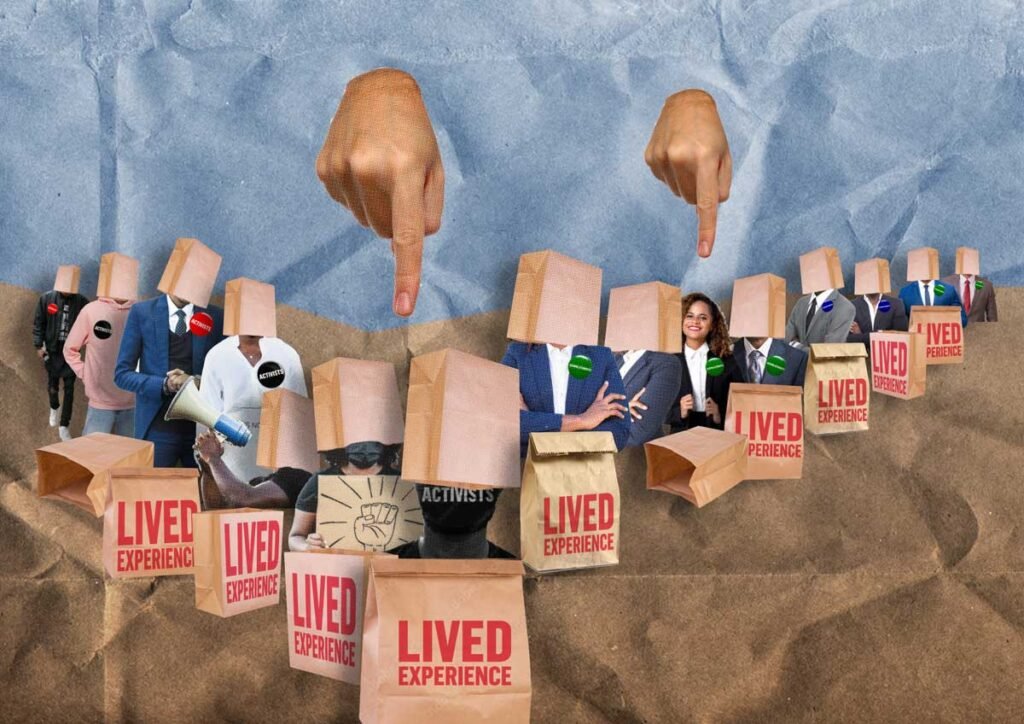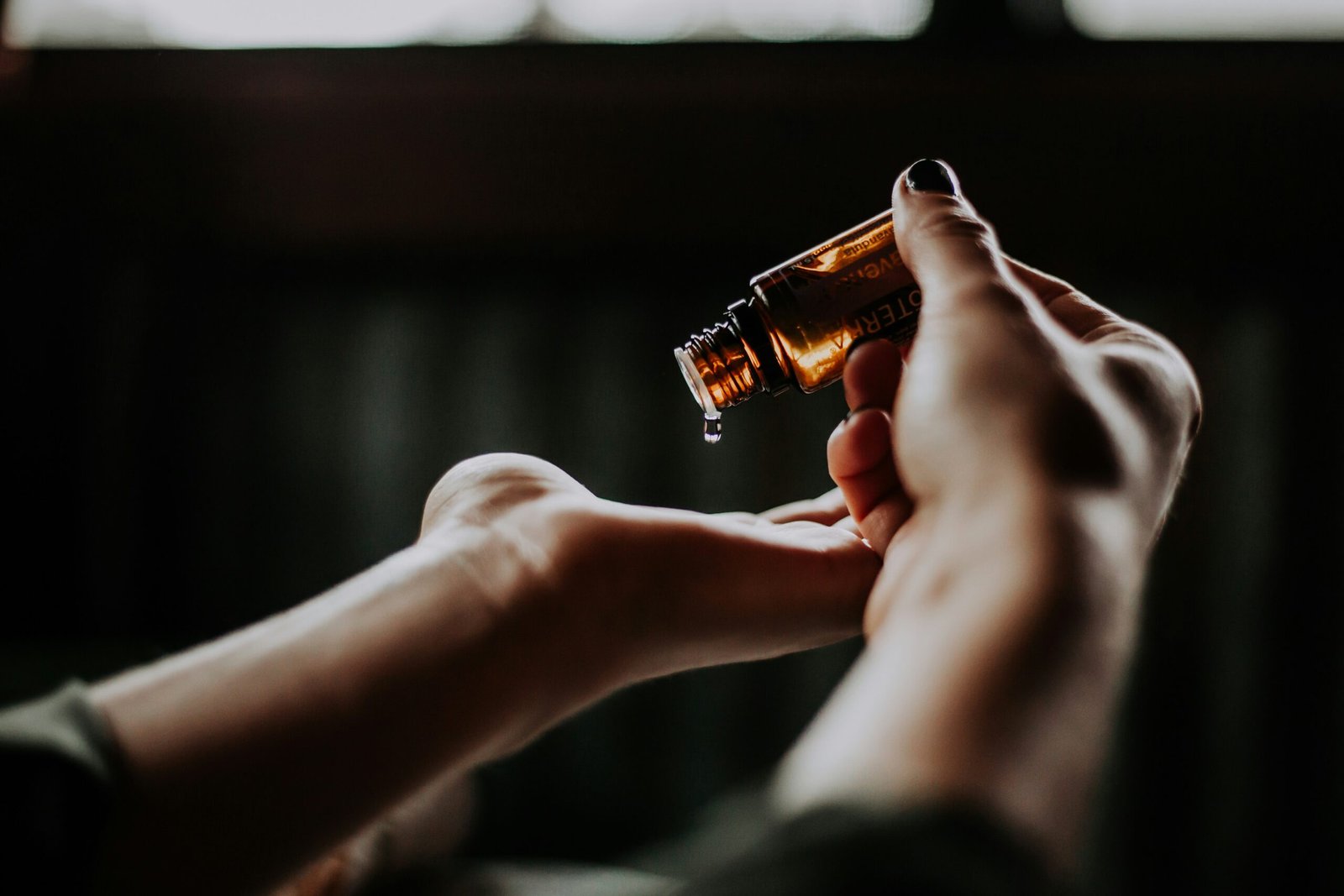EMPOWERING PEOPLE WITH LIVED EXPERIENCE

INVOLVING AND EMPOWERING PEOPLE WITH LIVED EXPERIENCE.
We must begin involving and empowering those who have struggled with mental illness. to improve their recovery and change the face of mental health in general. As a nation, we must appreciate the perspectives of those who have actually experienced mental health issues and offer them a voice, a choice, and influence in all facets of the mental health care system.
Individuals with lived experience might have overcome various mental health difficulties, and I think they have a better understanding of how mental health services can go wrong or how they can be made better. They can be effective defenders of service delivery that is focused on patient care and recovery.
People with lived experience are better able to understand and manage their lives when they are empowered. To achieve this, governments, employers, educational institutions, nongovernmental organizations, and members of the public must remove stigma and any barriers that might prevent full and effective recovery.
There has been a gradual change in recent decades toward increased involvement of service users and those who provide their care at various levels within the mental health system.
- Personal level: Participation in one’s own health care assessment, planning, and management, for instance through assisted self-management, collaborative decision-making, advanced planning, and patient-centered recovery approaches to healthcare.
- Community-level activities include advocacy, public awareness campaigns (particularly to lessen stigma), participation in local program planning, delivery, monitoring, and evaluation, and training for mental health professionals and others.
- Nationally: involvement in developing mental health policies, programs, and laws; service monitoring; and research.
Even in the developed nations, there are many levels of participation for those with lived experience, ranging from consultation to shared decision-making and from service delivery to user-led services.
Despite the level of involvement, it is crucial that the opinions of those with lived experience are properly taken into account and appreciated in the creation and implementation of policy. Provisions should always be made to guarantee that people receive enough support throughout their recovery process.
Constructive collaborations for caring
By giving people the tools to take charge of their lives, mental health services foster a sense of respect and value for the individual. It can boost confidence and self-esteem. As well as helping to challenge preconceptions and foster greater levels of trust between service providers and service users, meaningful engagement of persons with lived experience deepens the understanding of what it’s like to have a mental health problem among service providers.
Better therapeutic connections and more equitable, cooperative, and efficient care partnerships could be the outcome. All of this is beneficial to a person’s recovery and quality of life. Individuals and health care providers can collaborate to lay out the options for care and choose those that are most appropriate and acceptable to them.
Social interaction to improve care
 Courtesy photo.
Courtesy photo.
The evidence-based method of eliminating stigma in the community is through social interaction tactics that involve persons with lived experience.
Eliminating stigma is one way to combat discrimination. They are crucial for lessening stigmatization of service providers. The low rates of mental health disorders being detected in primary care are probably a result of stigma among primary care physicians.
According to a pilot study conducted in Nepal, including co-facilitators with lived experience in mhGAP training programs for primary care workers may be useful in lowering stigma (210). Intriguingly, the study also discovered that primary care professionals may be better able to detect mental health issues if they receive co-training from people who have lived the conditions.
Networks that promote interaction
People with lived experience can become actively involved in their care when they are supported by peer-led networks and organizations. For people using mental health services, networks can be a crucial source of interdependence support. Additionally, they frequently offer support, resources, and official infrastructure for the systemic advocacy and self-advocacy required to promote change.
People with lived experience have aided in educating communities, informing and influencing policymakers, denouncing stigma and prejudice, and fighting for better services and legal rights through peer-led organizations.
Peer-led organizations have been very helpful in allowing people with firsthand experience to be heard during the COVID-19 pandemic. For instance, the Global Mental Health Peer Network (GMHPN) and partners conducted a survey of individuals with firsthand knowledge of the psychological effects of the epidemic and pushed for greater justice and equality in the pandemic response. User groups have stepped up to offer additional support services at the national level. The Psychiatric Disability Organization of Kenya, for instance, offers psychosocial support for prison staff. In order to participate in reorganizing, delivering, assessing, and monitoring services, organizations of people with mental health disorders are encouraged to take action, according to the Comprehensive Mental Health Action Plan 2013–2030. In actuality, supporting these organizations might entail, among other things, initiatives to: promote their formation; increase their capacity to effectively advocate for human rights; establish safeguards to ensure their full involvement in policymaking; involve them in the observation and assessment of mental health services; and include them in stakeholder capacity-building initiatives.
About Author

Kirumira Jonathan is a 3rd Year Medical Student at Kampala International University. He is a mental health advocate and a co-founder of iMental Health Organization.




Responses